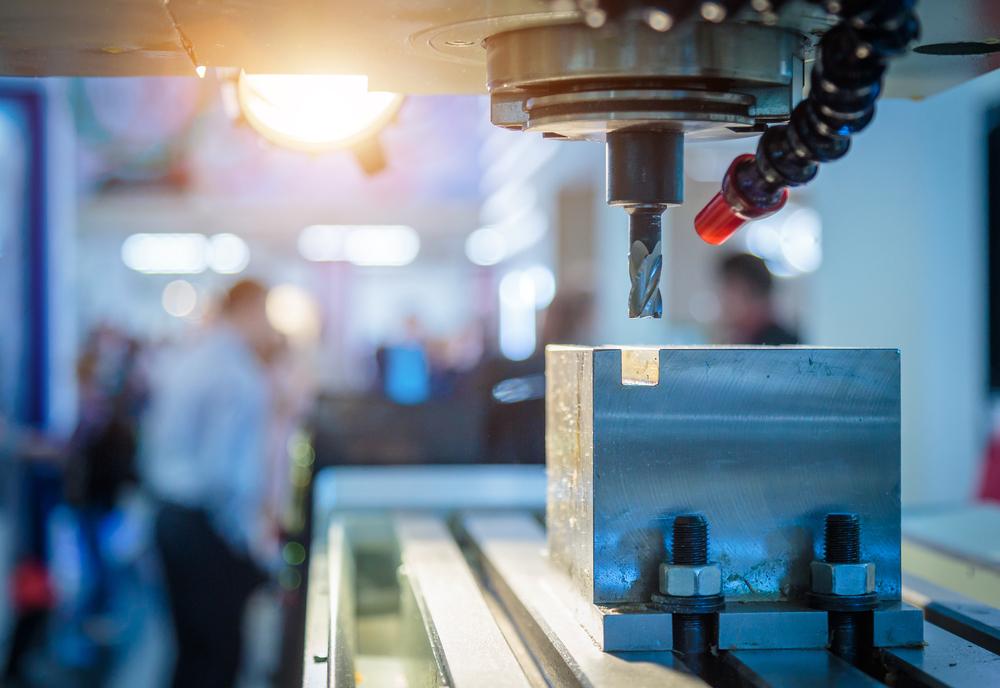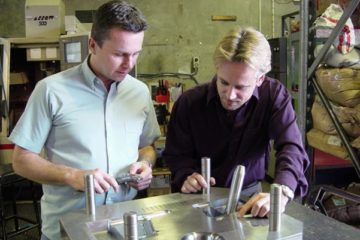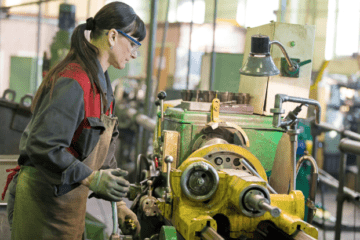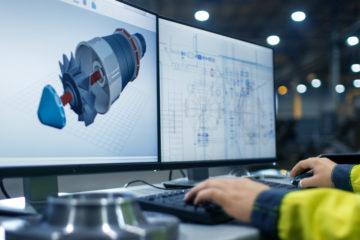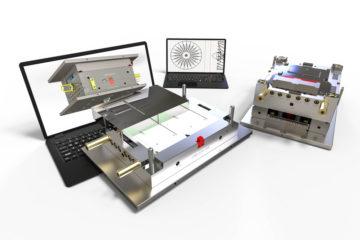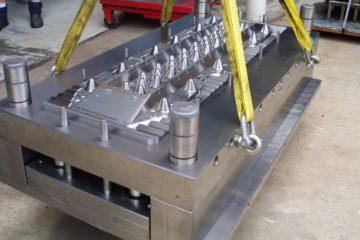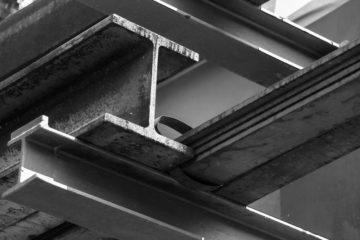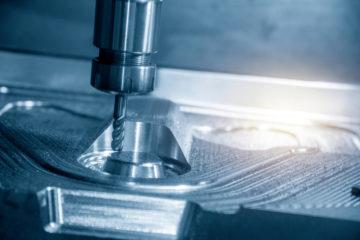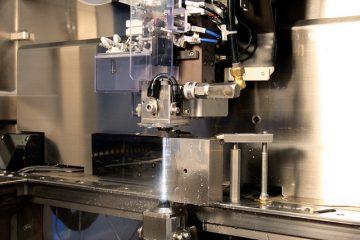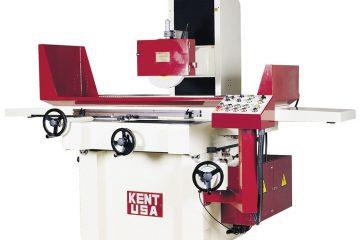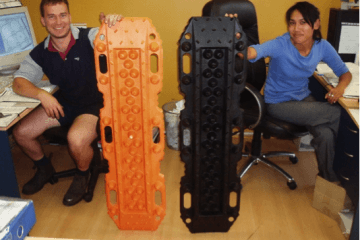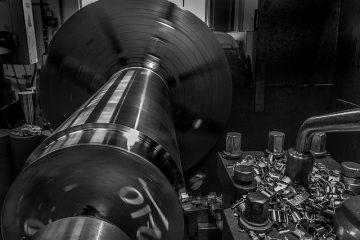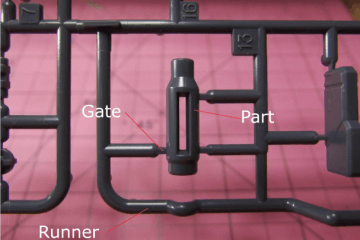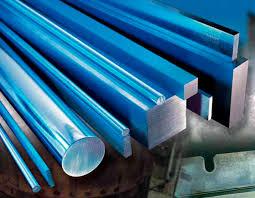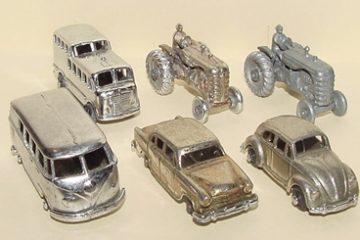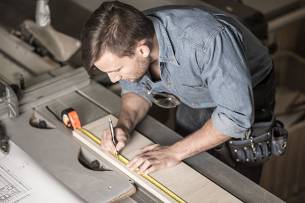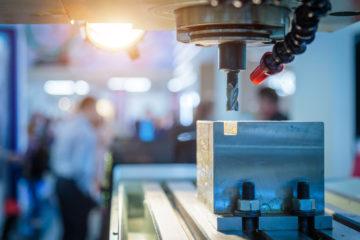Role of the tool maker.
A tool maker understands the product design and creates parts, tools and dyes to be used in the manufacture of these designs. The tool maker’s advice may also influence the industrial designer – so that the idea can be made easier to manufacture. The tool maker will typically work in a specialist machinist shop, and using a number of different hand tools and often even other large equipment such as lathes, milling machines, grinding machines, and jig borers to make those tools and parts.
Many tool makers now use computer aided design (CAD), and computer aided manufacturing and machining tools to execute their tasks. For example if you need a die to cast your new components, it is the tool maker that makes this die for you. If your die has been used for considerable time and it has become worn out, it is the tool maker who repairs it for you. Certain delicate jobs require a tool maker to perform cutting, grinding, and finishing tasks by hand.
Tool making.
Tool making generally means making tooling used to produce products. Common tools include metal forming rolls, lathe bits, milling cutters, and form tools. Tool making generally includes high precision (so that parts can be made perfectly many times over) or machine tools used to manufacture, hold, or test products during their production. Due to the unique nature of a tool maker’s work, it is often necessary to make custom tools or modify standard tools.
Tool making is making the tools we need to produce a product or part. A simple example is the tool maker producing a tool so that you can use it to make other items, you might need a slightly different hammer for your purpose. When your hammer is broken, the tool maker will fix it. Your tool maker will also make you dies for casting.
Die making.
This is a common and very important genre of tool making. It involves making the dies for many processes of production in molten casting, or even for casting the parts of plastic injection moulding – the tool makers job is varied and very hands on. The tool maker makes the cast so that production can be executed many times over, effortlessly and perfectly. Using the example of the hammer, the tool maker makes the cast, so that the hammer can be produced so that you can use it to do something. With large and high volume manufacturing, the tool maker is often required to make die sets that are machined with tolerances of less than one thousand of an inch.
Complete process.
Tool making may and normally does involve the original design of new machines and tools to match production of a new product design. This includes original blueprints through to testing and construction of the tools that a factory will use to output a new product.
When we are considering parts for large machinery and factory equipment, the tool maker must have an understanding of the assembly process. Once a machine is fully assembled, the tool maker will test, and make sure the tool can be used as a part of the production process, to output the desired component as originally designed.
Essential.
Tool makers are essential engineers – understanding much more than the process of production from design, they understand how to make the components that will be used to make that idea a reality.
Do you need a tool made? Or have some questions about creating a tool for you? Get in touch with us today.
Subscribe to Our Newsletter
Get the latest news from Dienamics into your inbox





